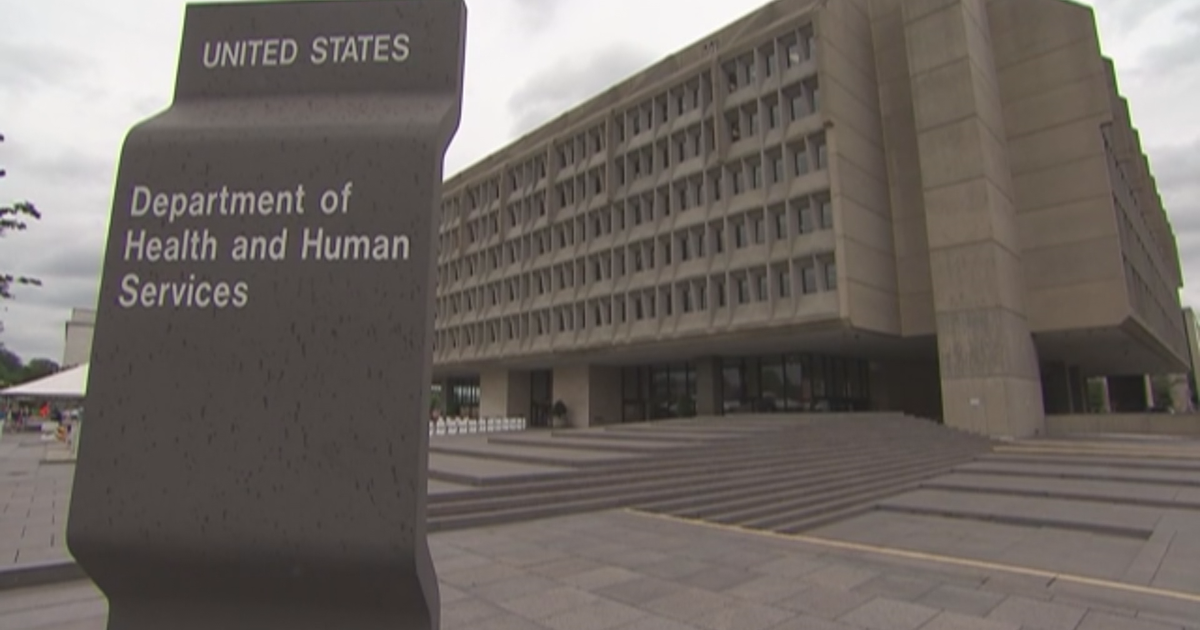Men have lower life expectancy than women, less likely to seek preventive care
PHILADELPHIA (CBS) -- Father's Day is this Sunday, with a reminder from doctors that most men could do a better job of taking care of their health.
Research shows men are less likely than women to get the preventive care they need and ultimately have a lower life expectancy. but a simply yearly check up could change that.
Stephen Bacigalupo makes sure to get an annual check up, something that all men should be doing.
The 43-year-old is serious about his health, because he wants to be there for his wife and son. His own mother had diabetes and passed away when he was just 26.
"That's always in the back of my mind so certainly, I want to do what I can to minimize any repeat in that history," he said.
Doctors say a long, healthy life starts with prevention, a lesson more men could benefit from.
"A lot of men don't appreciate that you're planting the seeds for your future wellness in your 20s and 30s," said Dr. Steven Lamm, medical director of the Preston Robert Tisch Center for Men's Health at NYU Langone. "And so if you take really good care of your 20s and 30s, you have a chance of not living to 50, but living to 90 or 100."
Heart disease and cancer are leading causes of death for all men, and are often preventable.
But surveys show more than half of men (55%) don't get regular health screenings, and numbers are even worse for men of color at 63%.
"At some point in your 20s, you should have a visit. I do think you can set the standard for that individual, whether they need to be seen in a year or two years," Lamm said.
"As long as my health is good, we'll keep it at once a year," Bacigalupo said.
An ounce of prevention only works if you take it.
"Just get that checkup," Lamm said.
And the hope is that more men will put their health first.
in addition to yearly physicals, doctors say a healthy diet, regular exercise and adequate sleep are important foundations for good health for men and women.







